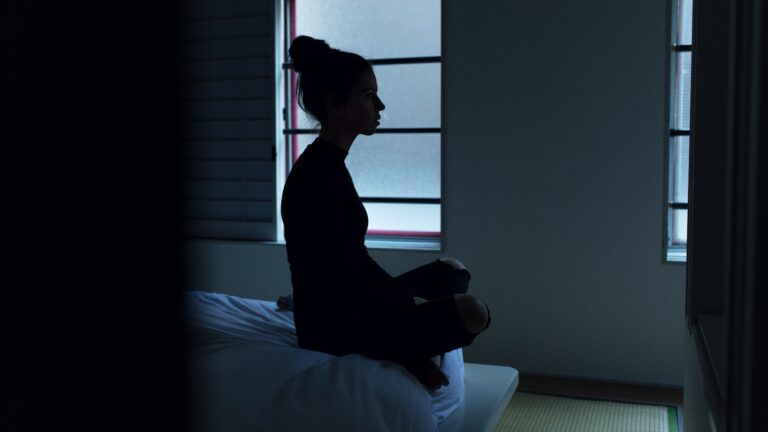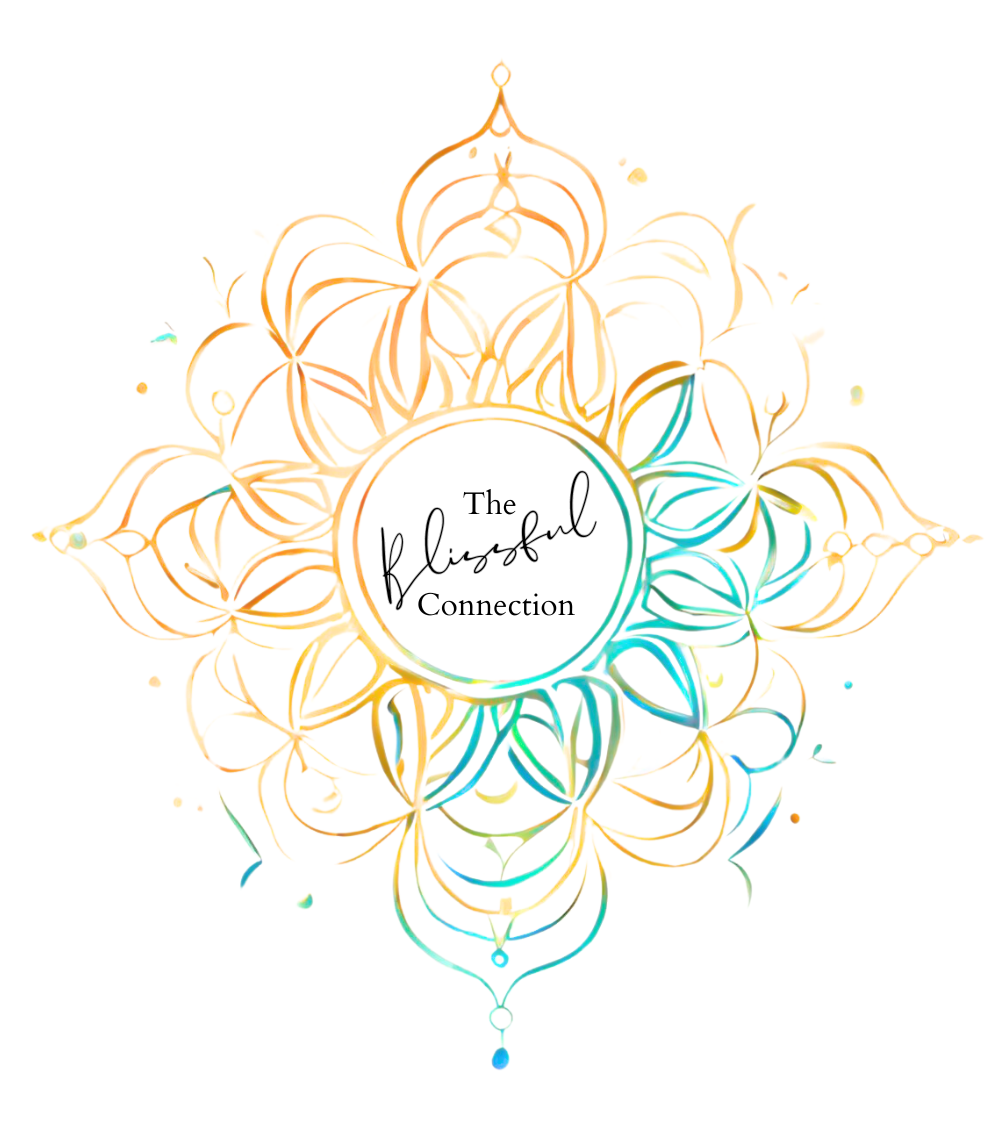Enhancing Quality Sleep Through Meditation: A Solution for Sleepless Nights
Sleep disturbances are a common problem, with insomnia affecting millions globally. Individuals often seek out multiple solutions, including pharmacological interventions, changes in diet and exercise, or even altering bedtime routines. However, these efforts frequently yield limited results, leaving many searching for a sustainable, effective solution. This blog examines the role of meditation in promoting restful sleep providing a holistic approach to managing sleep difficulties

Meditation and the Sleep Cycle
Meditation, particularly mindfulness and guided meditation techniques, has been shown to positively impact the sleep cycle. Studies indicate that meditation helps regulate the autonomic nervous system, promoting relaxation and reducing stress—a key factor in sleep disorders. By encouraging deep breathing and mental focus, meditation triggers the parasympathetic nervous system, which lowers heart rate and blood pressure, creating an environment conducive to sleep.

Addressing Underlying Causes
Stress, anxiety, and rumination – also known as overthinking – are significant contributors to sleep disturbances. Meditation offers a way to address these underlying causes by training the mind to focus and avoid negative thought patterns. Regular meditation has been shown to reduce cortisol levels, the body’s stress hormone, and improve overall emotional well-being, contributing to a more relaxed state favorable for sleep.
Improving Sleep Hygiene
In addition to directly impacting physiological factors, meditation also supports sleep hygiene practices. For instance, incorporating a pre-sleep meditation routine can signal the brain to transition into sleep mode, akin to a sleep hygiene regimen. This routine can include mindfulness exercises or progressive muscle relaxation, further aiding in releasing tension and calming the mind.

